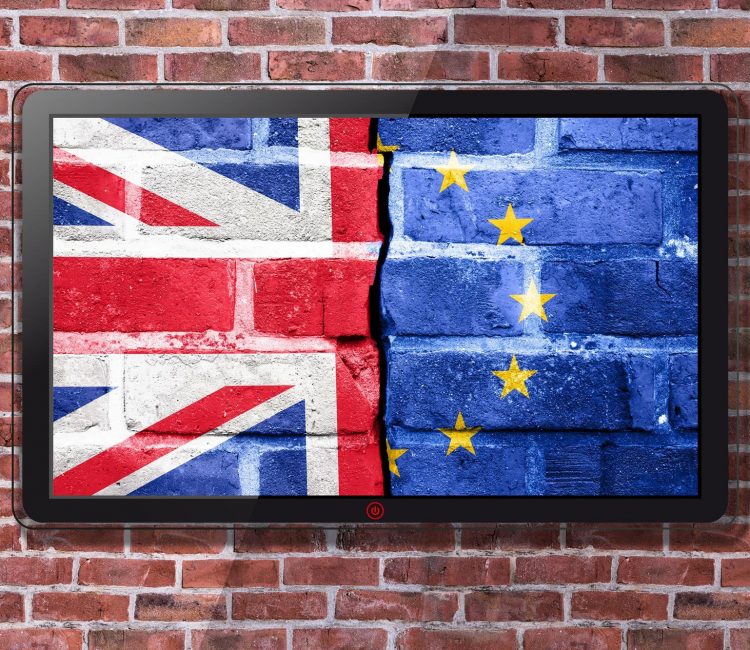
Blog
How Could Leaving The EU Affect The Broadcasting Industry?
Since the UK are still yet to have a deal with the EU, it is uncertain which scenario will take place and how leaving the EU could affect the UK’s broadcasting industry. We are exploring the positive and negative impacts that leaving the EU could have on the broadcasting industry.
To conclude, the outcomes of Brexit are still uncertain and only predictions can be made, about how leaving the EU could affect the broadcasting industry, until the final deal has been agreed. The film industry is booming in the UK and hopefully it will remain after Brexit. Whatever the outcome.